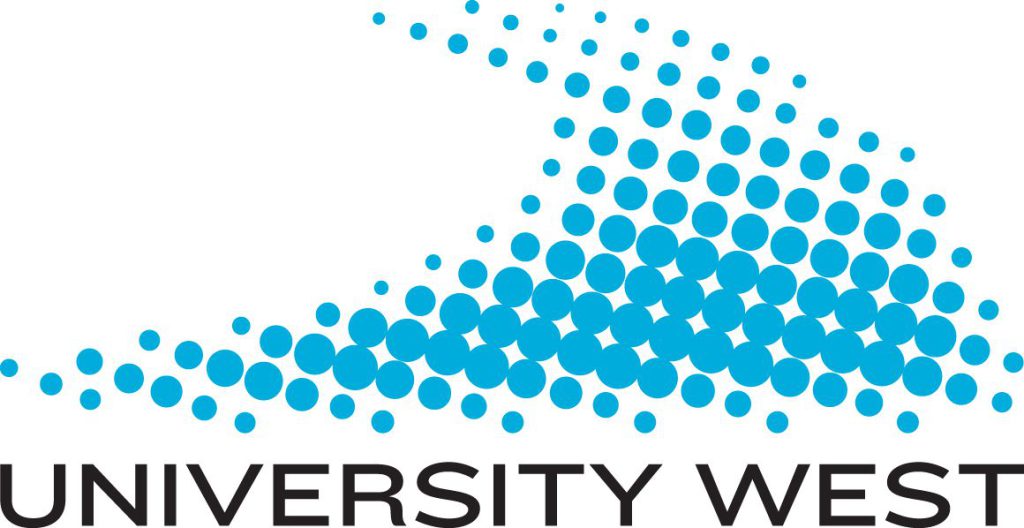Work-integrated learning and engaged scholarship: Bringing universities closer to the real world
Universities are critiqued for being irrelevant and not contributing to solving real-world problems. Work-integrated learning (WIL) and engaged scholarship are ways to bring universities closer to practice and communities. When reflecting on what it means to engage with society as an academic, there are several potential paths to consider. Through our research collaboration, we reflected […]
The problem with WIL is that it’s basically quite easy, and this is hard to understand
The starting point for the reflections on WIL in this blog post is the idea that what makes WIL – here defined as a strategy for developing new and useful knowledge in-between people with different competences and interests – difficult is that it basically deals with something very simple. In order for collaborations between academics […]
Towards a quality framework and a vocabulary for WIL
Have you ever watched any of the popular TV-shows about food and how to prepare for a dinner? Like Hell´s Kitchen, Next Level Chef, Kitchen nightmares or Master Chef? As wannabe chefs we tend to follow this type of series for both inspiration and learning some new tricks of the master chef trade. As the […]
‘Anything Goes’ with Work-Integrated Learning?
‘Anything goes’, the central slogan of the Austrian philosopher Paul Feyerabend’s epistemological anarchism, is perhaps the most notorious phrase in 20th-century philosophy of science. Since it first appeared in 1970, it has provoked a largely critical response. Influential commentators have called Feyerabend’s view ‘inapplicable’ (Agassi[AHB(1] , 2014), ‘nonsensical’ (Nagel, 1977[AHB(2] ), ‘difficult to take seriously’ (Worrall, 1978[AHB(3] ), […]
Alternatives to supervised placements: Work integrated education in action
When work integrated education (WIE) is discussed, the archetypal examples of supervised placements for medical, nursing, physiotherapy, and teacher education students are usually referenced. They comprise students engaging in authentic work activities and interactions, closely supervised by qualified and more experienced practitioners. Ideally, those supervisors identify and select students’ work activities and support and guide […]
Ten theses about WIL
After spending several years developing and running a master program in Work Integrated Political Studies (WIPS) which gives a master’s degree in work integrated learning, developing and running the course WIL as a research subject on the Ph. D. education in work integrated learning, being part of the WIL-certification process, currently doing research on the […]
Om undran inför AIL
Nyligen konfronterades jag med en enkät där jag ombads att utvärdera HV:s information om AIL ur olika aspekter. Var informationen tillräcklig? Var den lättbegriplig? Jag kom att känna en viss handfallenhet inför dessa frågor. Hur skulle jag kunna utvärdera information om någonting som jag efter att ha rannsakat mig själv, kom fram till att jag […]
Work-integrated… what?
Providing students with work-based experiences is a popular educational approach. What I find problematic is the general trend to label this approach Work integrated Learning (WIL) rather than Work-integrated Education (WIE) (Billett & Valencia-Forrester, 2020). The International Journal of Work-integrated Learning reproduces this trend by defining WIL as: an educational approach that uses relevant work-based […]
おはようGood morning!
It is 3 am and I am sitting in my living room, listening to the session “Experiences from CEWIL Canada, WIL and ACEN” at the WACE (World Association of Co-operative Education) conference. The three acronyms hold three giant networks focusing on work integrated learning around the globe. The conference should have been held in Kanazawa, […]
Seendets konst
Den amerikanska genforskaren Barbara McClintock (1902-1992) tilldelades 1983 ett nobelpris sin forskning kring det avvikande majskornet. En tid innan hon belönades med priset utkom en bok om henne: A Feeling for the organism. The Life and Work of Barbara McClintock, författad av den amerikanska professorn Evelyn Fox Keller. Boken bygger på samtal med McClintock och […]
